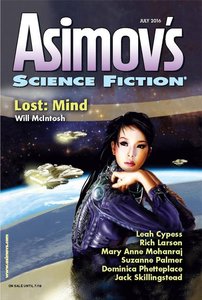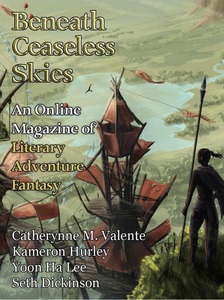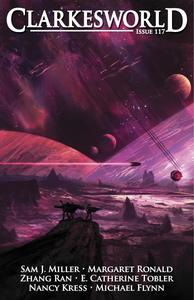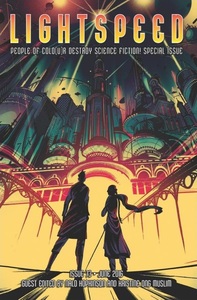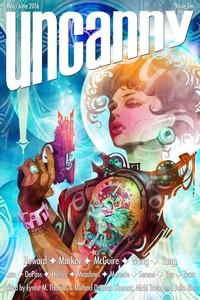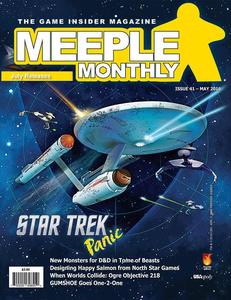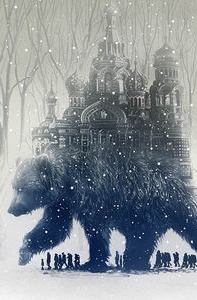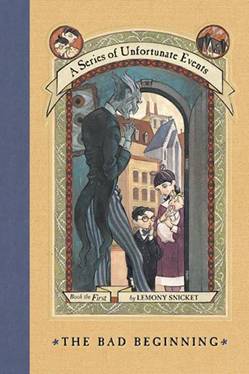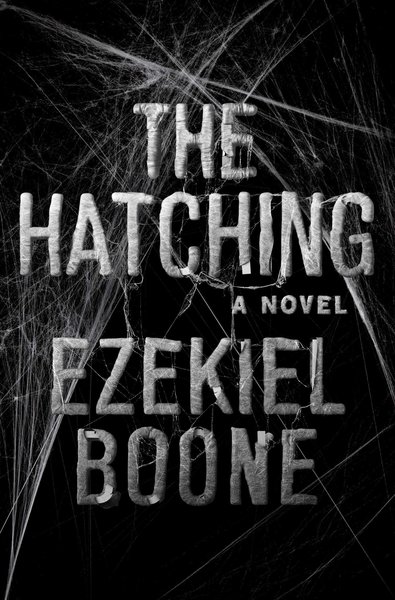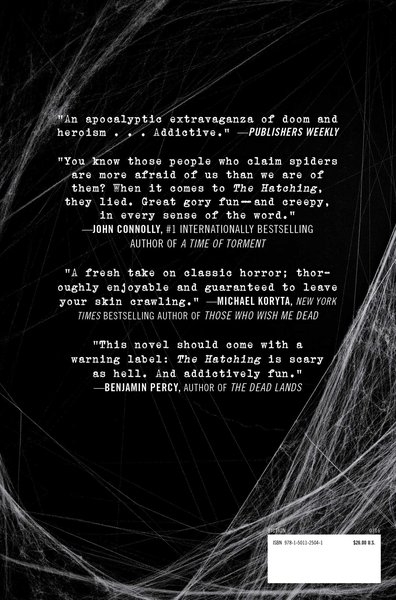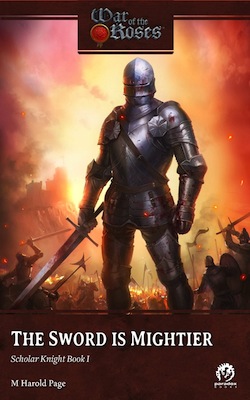Reading Burroughs’ Biography as a Writer
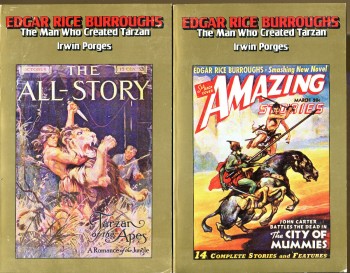 About eight years ago, when I was struggling to get my short stories published, I picked up the two-volume biography of Edgar Rice Burroughs by Irwin Porges. I think I’d been looking for some communion with a writer I’d enjoyed as a teen; I got that and more, including a reassurance that I was on the right track.
About eight years ago, when I was struggling to get my short stories published, I picked up the two-volume biography of Edgar Rice Burroughs by Irwin Porges. I think I’d been looking for some communion with a writer I’d enjoyed as a teen; I got that and more, including a reassurance that I was on the right track.
Now, it’s difficult to discuss Burroughs in any setting without dropping some pretty big caveats. Burroughs was a product of his time, and it wasn’t a good time. By way of example, he wrote A Princess of Mars in 1911, a time when women and minorities could not vote in Canada, and a time when Jim Crow laws in the United states wouldn’t be repealed for another 50 years. His great white male hero appeared in most of his popular stories and his depiction of anybody who wasn’t white was rife with stereotypes and/or condescension.

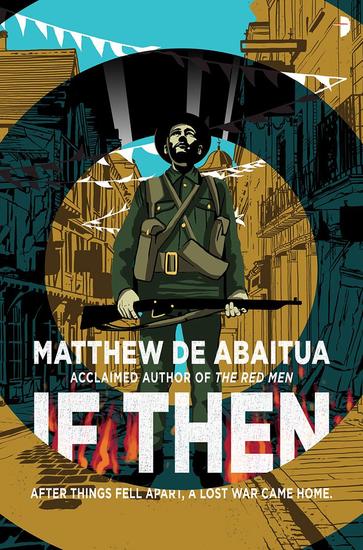
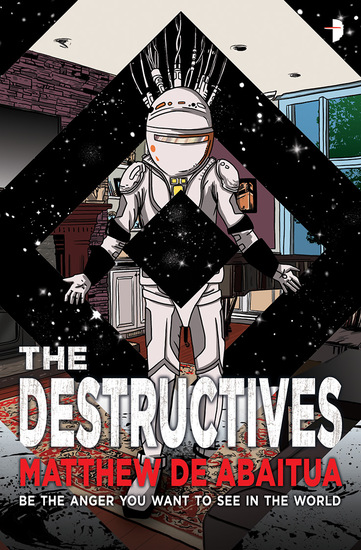

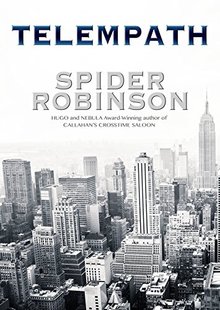 I’m a long-time fan of Spider Robinson’s work, and I’ve written about his Callahan’s Bar Stories and novels
I’m a long-time fan of Spider Robinson’s work, and I’ve written about his Callahan’s Bar Stories and novels 